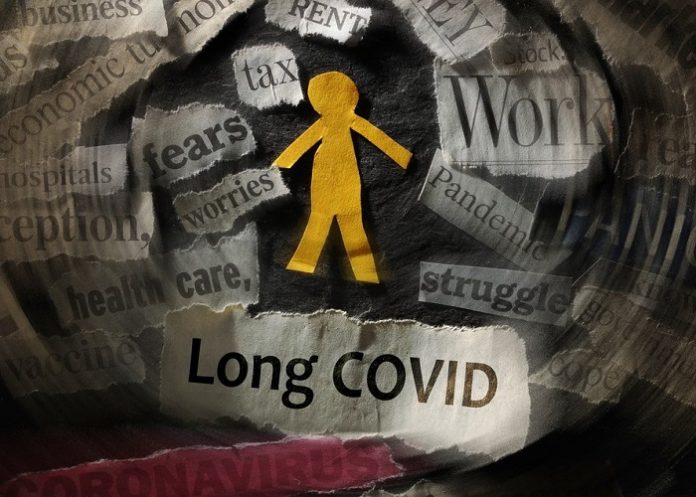Millions of people worldwide are suffering with the serious cardiovascular effects of Covid infection and long Covid. However, a lack of clear guidance on how to reduce this and prevent further harm means patients are not receiving the care they need, and are turning to unproven or unsafe treatments.
Now, a major report published in the European Journal of Preventive Cardiology sets out how to address this growing problem through diagnosis, treatment, rehabilitation and vaccination, reports News-Medical.net.
The report is a clinical consensus statement authored by a group of experts from across Europe, led by Professor Vassilios Vassiliou from the University of East Anglia and Norfolk and Norwich University Hospital, UK, on behalf of the European Society of Cardiology (ESC).
“Covid-19 has a profound and lasting impact on cardiovascular health, with complications emerging during acute illness, recovery, and even after reinfections or vaccination,” said Vassiliou. “In the absence of clear evidence-based guidance, patients risk harmful treatments and clinicians face uncertainty.”
The ESC statement “provides unified, practical recommendations for prevention, rehabilitation, and long-term care, while also identifying critical research gaps to ensure strategies continue to evolve with emerging evidence”, Vassiliou added.
To prepare the report, the expert group reviewed all existing research on Covid-19 and CVD, including the effects of an acute infection, long Covid and Covid vaccination, using this to agree a set of recommendations on how to treat or prevent the damaging effects of infection from the virus.
Almost 1bn people worldwide are known to have been infected with Covid-19, although the true number is believed to be far higher, and research shows that patients, especially those who needed hospital treatment, have a higher risk of CVD, including heart attack, stroke and death.
Researchers estimate that around of 100m people have long Covid, and about 5% of these (5m) will have cardiac long Covid, with symptoms including angina, breathlessness, arrhythmia (abnormal heart rhythm), heart failure, fatigue and dizziness.
Long Covid can also lead to autonomic dysfunction where the nerves that normally control heart rate, breathing and body temperature do not work properly.
The expert consensus statement includes advice to continue vaccinating against Covid-19, as people who are fully vaccinated are far less likely to suffer cardiac complication or long Covid, even if they develop a Covid infection.
They also set out how to diagnose and treat the symptoms brought on by Covid, such as shortness of breath, chest pain and fainting. In particular, the paper recommends structured cardiac rehabilitation programmes, including specialised physiotherapy, to prevent longer term problems from developing after infection and to aid recovery from long Covid.
“Covid doesn't only affect the lungs,” said Vassilio. “It can also damage the heart and blood vessels, both during the acute infection and for months afterward. This means chest pain, breathlessness, palpitations, or fatigue may be signs of cardiac long Covid.
“If you already have heart disease, Covid raises your risk of serious complications both immediately and long after infection. In both cases, rehabilitation can protect your heart and support recovery.”
The experts also call for equal access to cardiac rehabilitation programmes, especially for people living in rural locations.
“Unfortunately, even now, cardiac long Covid continues to affect the quality of life for many patients. Health systems must be prepared for the ongoing burden, not just the acute infection.”
See more from MedicalBrief archives:
Ongoing challenge to understand – and treat – long Covid
Common lab tests unable to diagnose long Covid – US study

